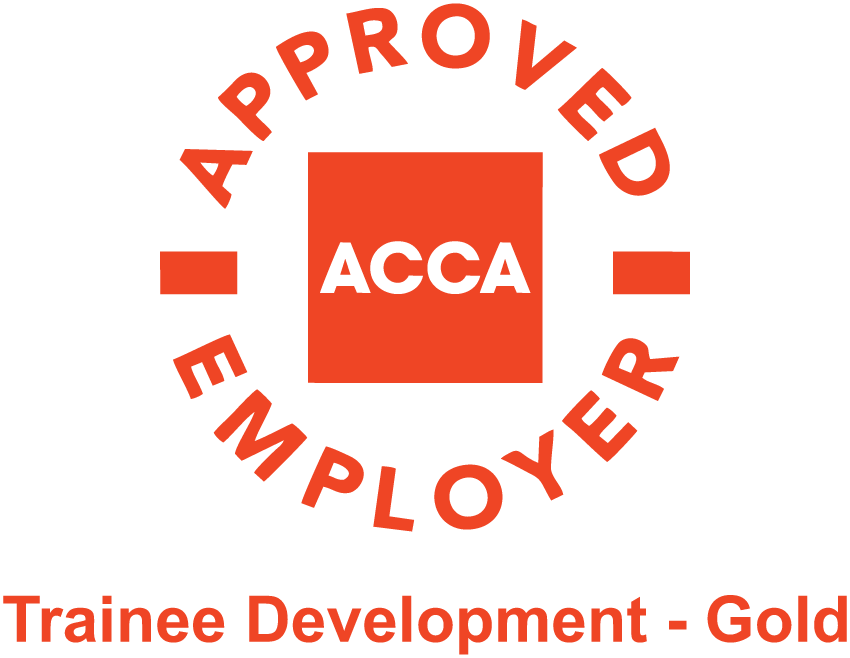How to Start a Small Business in Dubai?
Small Business in Dubai
Dubai is turning into the perfect destination for entrepreneurs to start their businesses. The economy of Dubai is growing at an exponential rate, and startup business activities are also growing along with it. In addition to being a global center of innovation and wealth, Dubai’s strategic international location provides quick access to a wide variety of potential markets. However, establishing any company requires careful preparation, critical financial choices, and a number of necessary legal steps.
Type Of Small Business Companies :-
1. Sole Proprietorship
A sole proprietorship can be established by simply registering your business name with the Department of Economic Development(DED). There is no need to create a separate legal entity, and you will be personally liable for any debts or obligations incurred by the business. Which also mean you will holds 100% shares to any profits. Although such legal forms are open to most business activities, some general rules must be obeyed before a sole proprietorship can proceed.
A limited liability company offers some protection from personal liability and can be more difficult to set up than a sole proprietorship. This business needs at least two shareholders, who must also be residents of the UAE, 51% ownership should be with the UAE national and the remaining 49% can be owner-owned. The LLC must also have a company secretary and registered agent. Which also require a UAE-accredited auditor and Minimum 2 and maximum 50 shareholders can invest in the company.
3. Partnership Company
Under this type of business entity, the ownership is shared by two or more partners whose share profits and losses according to the decided ratio. They are General Partnerships who must be a UAE nationality while partners of other nationalities must be Limited Partnerships. Limited partners should not intervene in the management or administrative issues of general partners. If they do so, they can become liable for all of the business obligations. There is no restriction on the share of ownership of general or limited partners.
4. Branch of a Foreign Company
In simple terms, a branch office is a dedicated outlet of a company. Though physically apart, the branch office does not constitute a separate legal entity. As a functional means to expand and grow business reach across countries, branch offices serve as an operational vessel to establish company presence in new regions and enhance prospects of sales and revenue.
5. Private Shareholding Company
This type of business is also called a Private Joint Shareholding Company in the UAE. It can be formed through a minimum partnership with at least 3 investors. Such legal structures are compatible with all sorts of commercial and industrial activities besides the professional business. A GCC national can own up to 100% of the shares.
Features of a Private Shareholding Company in the UAE :-
Steps to start a small business in Dubai

1. Start with market research
Market research tells you whether your company concept has potential. It is a means to learn more about the people who could do business with you and the companies already established in your region. Find a way to put that knowledge to use for your company.

2. Write a business plan
An organization cannot get off the ground without a solid business strategy. It is a guide on starting, running, and growing your company. It will help you persuade potential clients and investors that doing business with you is a smart decision.

3. Choose a business structure
Dubai has two economic jurisdictions, the mainland and the free zone, each with its own commercial and business regulations. Consider the kind of company you are running, the proximity to your target market, and the location of your physical office when making your jurisdiction selection.

4. Choose your business name
Choosing the right name is tricky. You need one that accurately represents your company’s values and culture. Also, you should check to see whether the name you have chosen for your company is available.

5. Register your business
You must submit a completed Know Your Customer (KYC) form along with your application. Wait for the necessary government and security permissions, which typically come through in 24 to 48 hours. You receive your licence.
How to scale a Small business in Dubai
Most businesses put all their efforts into staying afloat during their first years. However, prioritizing your business’s growth is one of the best methods to ensure its longevity and contribute to your economic well-being and financial future. There is no magic recipe for success, but you may expand your firm using a variety of approaches.

Focus On Social Media
Building a presence on every major social media site is one way to expand your brand. An active presence on the most popular social media sites (Instagram, Facebook, Twitter) makes it easier for prospective customers to discover you. Providing your audience with a more engaging experience results in them spreading the word about your company to their friends.

Participate in trade shows
When you exhibit at a trade show, you will likely meet potential customers interested in your offer. This lets you directly advertise to a broad set of target customers. Trade shows also let you talk to people in person, which makes it easier to connect with potential customers and sell to them. Another benefit of a trade show is meeting and networking with other company representatives. This may lead to exciting new partnerships, marketing efforts, and possibilities.

Attend Networking Events
When you attend a networking event, you may meet new people who share your interests and values and may also have helpful ideas for expanding your company. Participating in networking events may result in valuable contacts and partnerships that can last for years.
The Five Stages of A Small business :-
1. Existence
As a startup, your biggest challenges are probably customer acquisition and fulfilling client orders. The business structure is pretty straightforward: the owner handles everything and works in the trenches with the employees (if any). Systematisation and strategic organising are mostly deficient or nonexistent as the company’s primary goal is survival. As the business owner, you are the company since you provide most of the firm’s energy, direction, and finance.
2. Survival
By getting to this point, your business has shown that it can work as a business. It has a sizable client base that it can reliably serve by providing goods or services that meet or exceed their expectations. As a result, the primary objective is to stay in business, and your name is still associated with the company. The structure remains simple: you may have a few managers who don’t make the big decisions but follow your directions. There is some systems development, and a formal plan is little more than a cash flow projection.
3. Success
At this time, you must decide whether to grow the firm or maintain its steady and lucrative support for other activities. The desire to create new businesses or focus on hobbies and other interests outside of work may drive you to disconnect from the company.
4. Take - Off
In this stage, your primary concerns are how to develop quickly and fund it. As such, the following areas of delegation and money raise the most pressing concerns. To what extent can you distribute authority to others to boost management efficiency in a rapidly expanding, more complicated business? Will there be enough to meet the need for growth and maintain cash flow without poor spending controls or impatient owner investments? This is a critical juncture for every business. Your company may succeed if you address its financial and management obstacles. If not, it can often be sold for a profit if you quickly realise your limits.
5. Resource Maturity
Companies in stage five have the resources to devote time and effort to comprehensive strategy and operational planning. The administration is decentralised, well-staffed, and led by seasoned professionals. And there are elaborate and well-developed mechanisms in place. Both your personal finances and the company’s operations are kept entirely separate.
Blogs you might find useful :

We're here to help you! Reach out for solutions.
We're here to help you! Reach out for solutions.
Don't let doubts hold your business back.

Have any questions? Reach us by phone.

We're here for you! Reach us by mail.
Contact Us
We Always here to help you!
Business Setup
Tax Services
Consulting Services
Accounting Services
Compliance
Audit & Assurance
Quick Links

MARKEF is a leading Accounting Firm offering wide range of services including Accounting and Bookkeeping, Audit and Assurance, VAT and Corporate Tax, Business Consulting, Management Consulting, and Business Setup Services in Dubai and across United Arab Emirates.
- Office No.1929, Tamani Art's Offices Tower, Business Bay, Dubai, United Arab Emirates
- +971 4 589 2828
- +971 50 105 4241
- E-mail : info@markef.com
-
Mon - Sat : 8:00 - 18:00
Sunday Closed



